
We love Alexa Chung and love her strong, feminist presence in the fashion world. She is known to the masses as one of the UK’s modern “It” girls, but her extensive fashion, TV, modeling, and writing resume make her more than just a public figure to us. She is a powerful voice of advocacy in an industry that has a history of not being so inclusive to all types of people and bodies.
Although she may neatly fit into the fashion norms for what is considered an “acceptable” body (thin, white, cis-gender) Alexa has experienced her fair share of criticism and hate for allegedly being “too thin” from the body police that exist online. Nevertheless, she has consistently allowed her work to speak for itself.
Alexa recently joined the He For She campaign, becoming an advocate of its mission to further gender equality globally, engaging men as powerful allies. At an event held in London in December hosted by denim brand AG and the fashionista herself, guests were treated to an empowering message given by Elizabeth Nyamayaro — Senior Advisor to Under Secretary-General, UN Women, and the Global Head of HeForShe Movement.
In light of so much political change and concerns of what the future holds in the UK following the Brexit vote mid-2016, Alexa told Fashionista.com it was perfect timing to hear from an important movement as to how people can get engaged in making a difference.

“I first heard about HeForShe through Emma Watson, who is someone I admire. She’s an amazing actress, but she’s also someone who uses her voice in a very important way. I just felt as though, at this point in time, it’s more important than ever to cheerlead for women’s rights and to be as inclusive as possible for equality to become a reality,” she said.
Emma Watson is not the only champion for change, as Alexa had some pretty compelling thoughts to share on the link between fashion and feminism. Although the fashion industry is sometimes seen as frivolous or not as important to society as other industries, it has in fact long been a visual reminder of the progression of women’s rights and the politics around women’s bodies in the public space.
Even Alexa herself says at times she thinks fashion is frivolous, but the idea that wearing a specific item of clothing and it signifying something much greater than just the physical is what has made it an important part of feminism.
“I think fashion and feminism make great bedfellows. I mean, trousers! Women wearing trousers in the ’40s kicked up a f***ing shit storm. Similarly, in the ’20s when everyone was like, “I’m not going to wear a corset anymore!” Those clothes had been suppressive, and the more we play with what’s acceptable between the genders — and even not affiliating with any one gender in particular — dressing is becoming far more interesting, and it’s becoming powerful because it sends a message,” she said.

Recent messages about fashion and feminism could be seen on the runway at Paris Fashion week in September 2016. After being appointed the first female creative director of Dior, Maria Grazia Chiuri made a loud and clear feminist statement by clothing some of the models in the Dior show with t-shirts bearing the slogan “we should all be feminists”. The phrase of course comes from Nigerian author Chimamanda Ngozi Aichie’s famous TED Talk and subsequent book of the same name, which has become synonymous globally with the fight for gender equality, and is being distributed to all high school students in Sweden.
In early 2016, Mic.com published an article explaining the complicated and sexist history of the lack of pockets in women’s clothing. Although the presence of pockets (or lack thereof) may not seem like an issue worth worrying about, the article explains how they became a way for women to assert their status in society during periods when the idea of women having ownership over their lives or even equality was not so common.
Alexa Chung likens fashion to a form of protest, and cites her own criticisms as reason. The way that society has forced a very narrow idea of was being a likable or desired woman should look like has been countered in bold, progressive ways through the medium of art and fashion.

“Daily, I apologize for wearing dungarees, but that’s a ridiculous thing to apologize for. I think I’m conditioned to the rhetoric around that being a sexless item, and that denotes the idea that women should only be sexual beings or are only there for the pleasure of the male gaze. But I won’t apologize for wearing dungarees anymore. I think they’re sexy,” she said.
Through her various collaborations with brands and designers for which she is well known, Alexa has been known to weave her feminism into her work, including a “FEMINIST” t-shirt in her second collection with AG jeans, in 2015.
In an interview with Stylist.co.uk, the fashionista shared her definition of feminism, showing that the fight for gender equality isn’t only reserved for the social and political spaces, it is very much needed in art, entertainment and fashion.
“To be equal, to stand up for yourself and not be objectified. Whoever it is who’s filtering stuff makes it seem like women want to be more than men. My understanding… is that we’re asking to be treated the same,” she said.
There is an unspoken social ideal that claims you can’t be into fashion and feminism, or that an intelligent woman wouldn’t be into such frivolous passions as fashion if she were serious about being taken seriously. Alexa Chung has proven, and will continue to prove, that is just plain wrong.












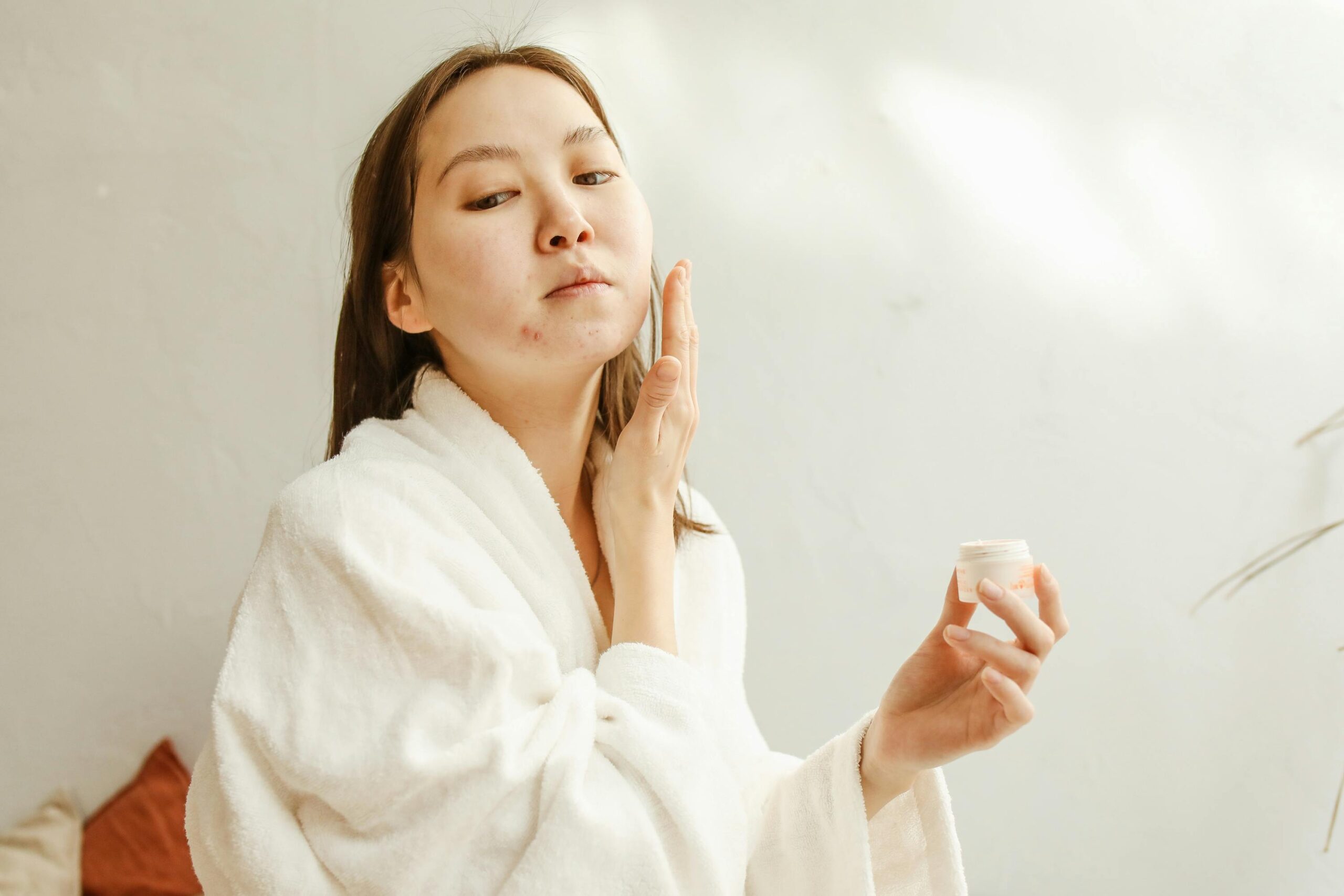
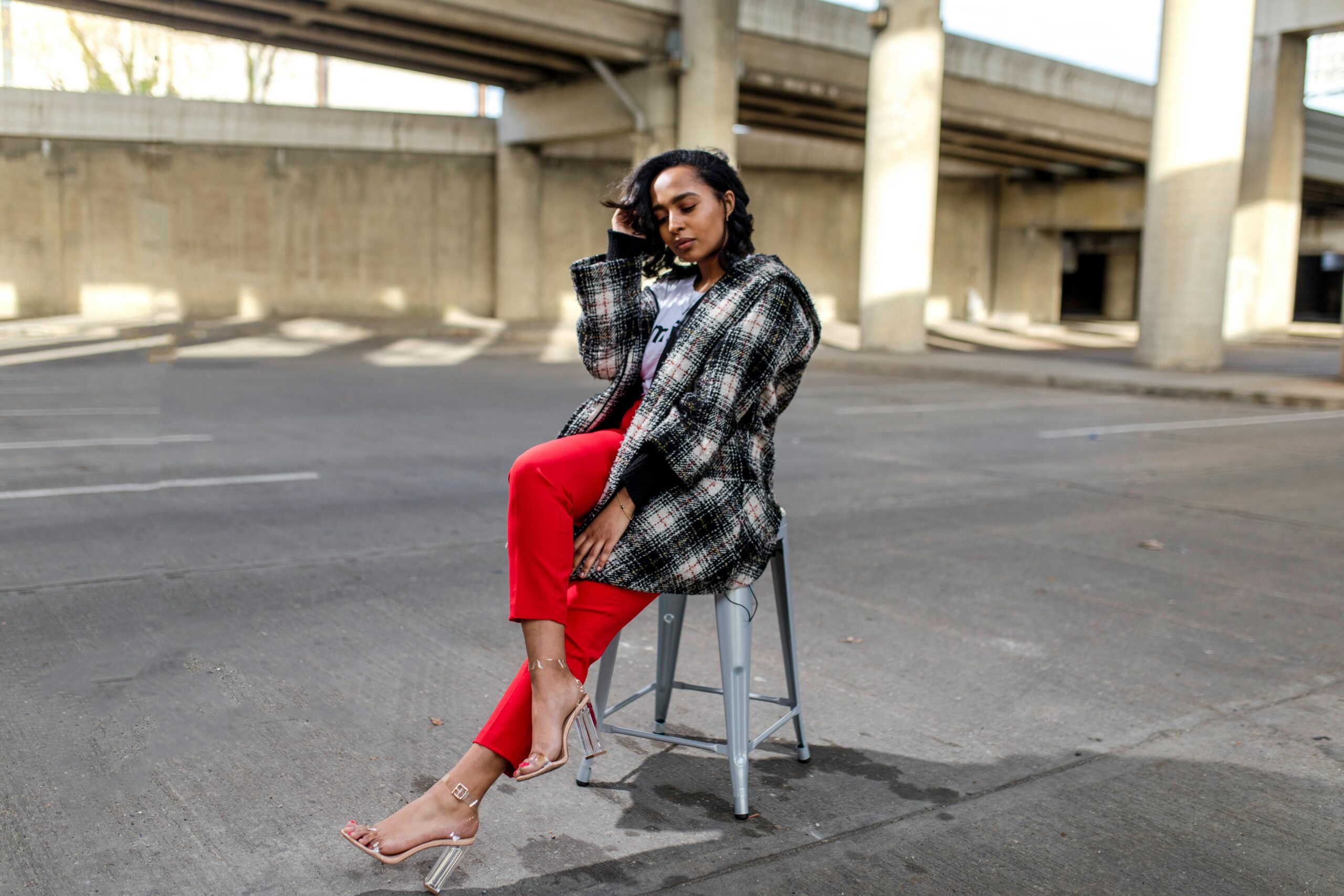
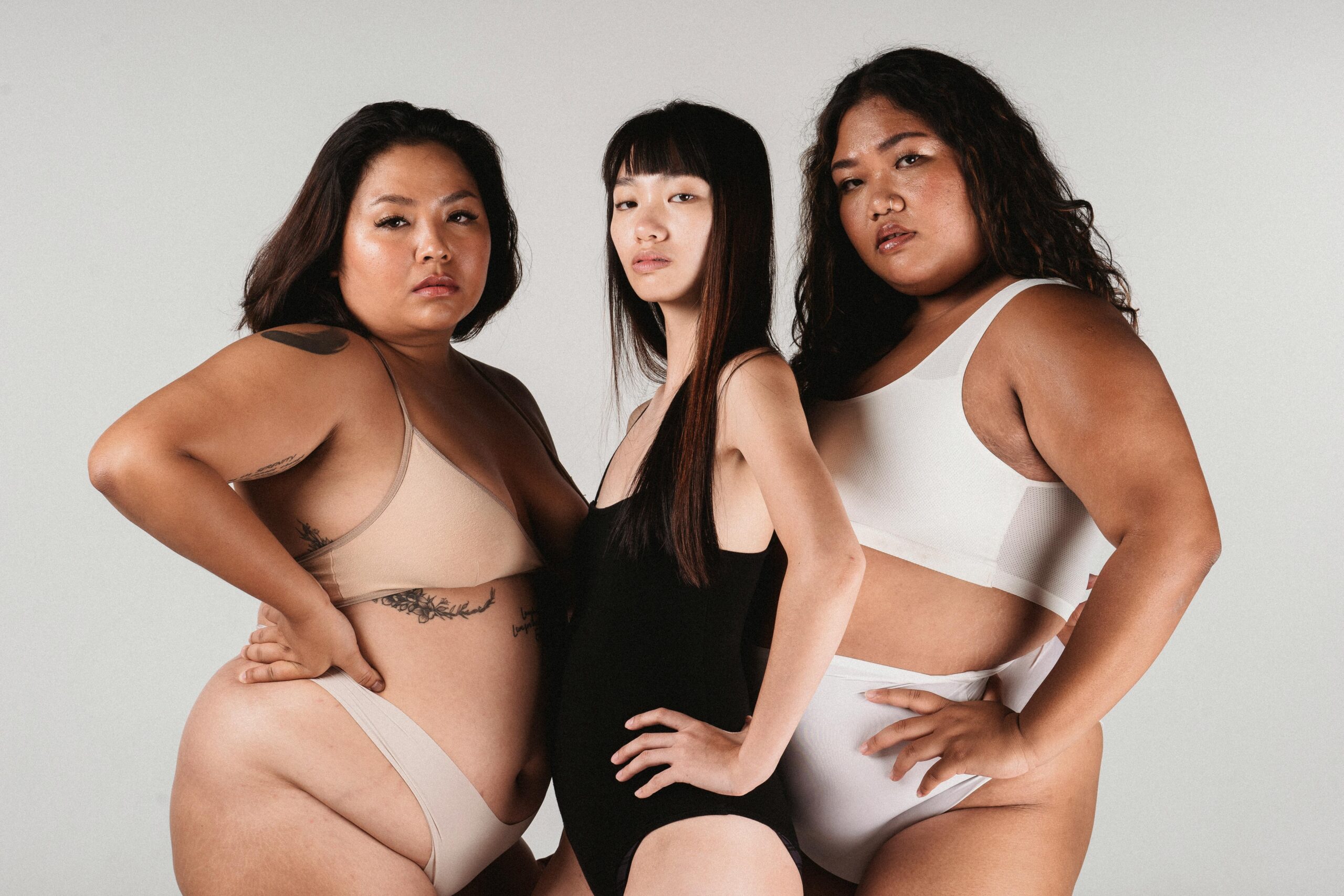
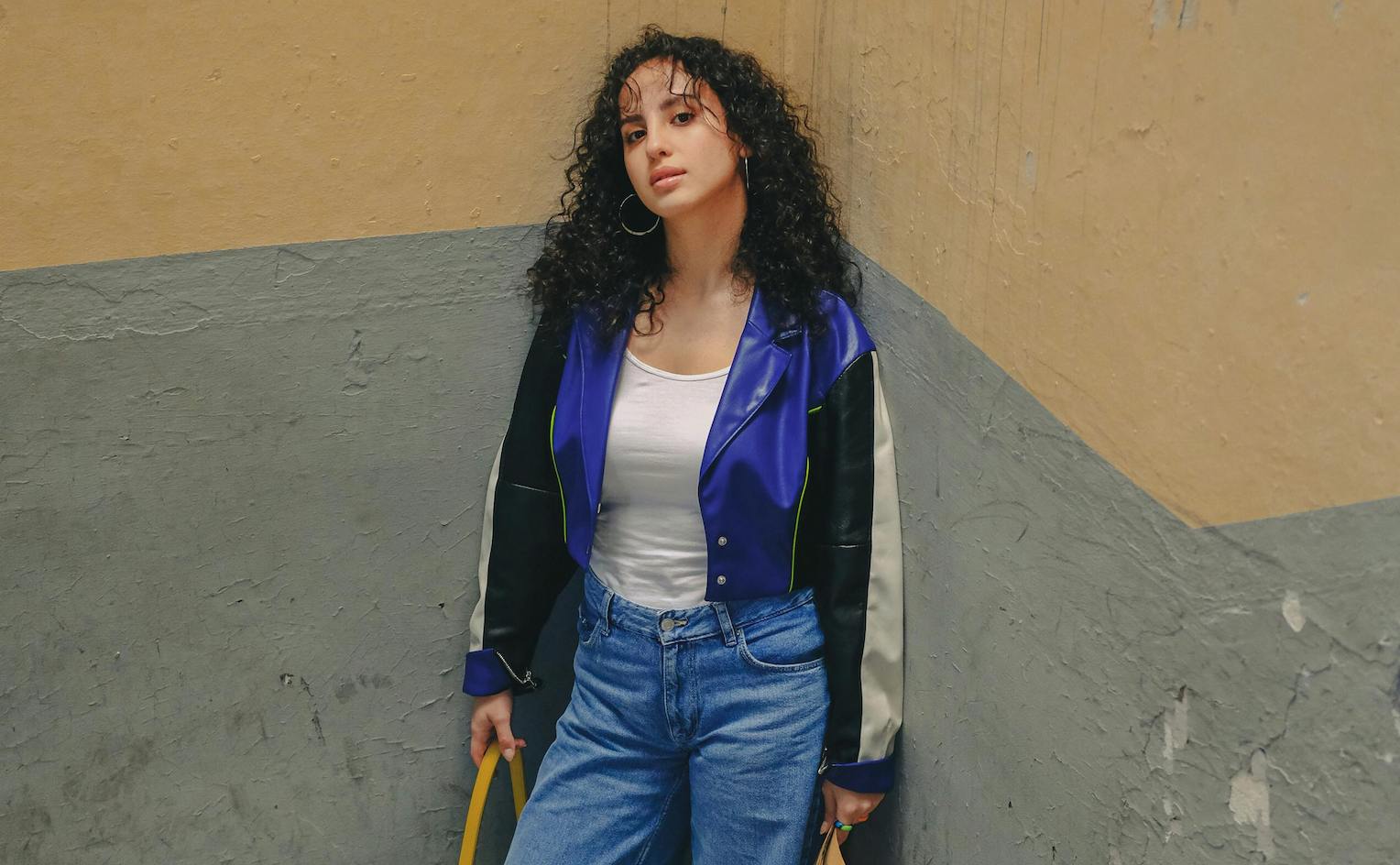

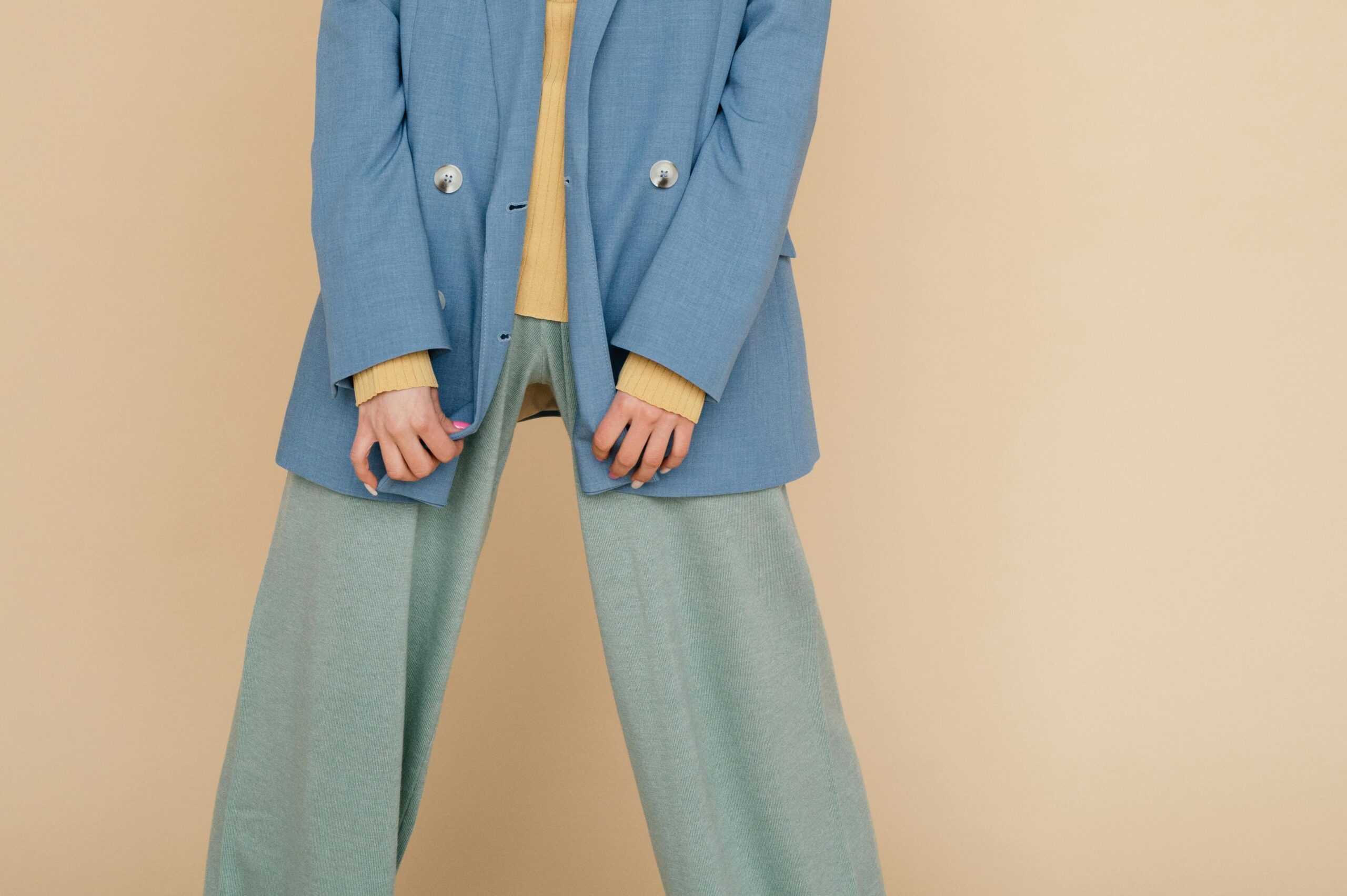
Thank For sharing your great information keep sharing . It was very helpful